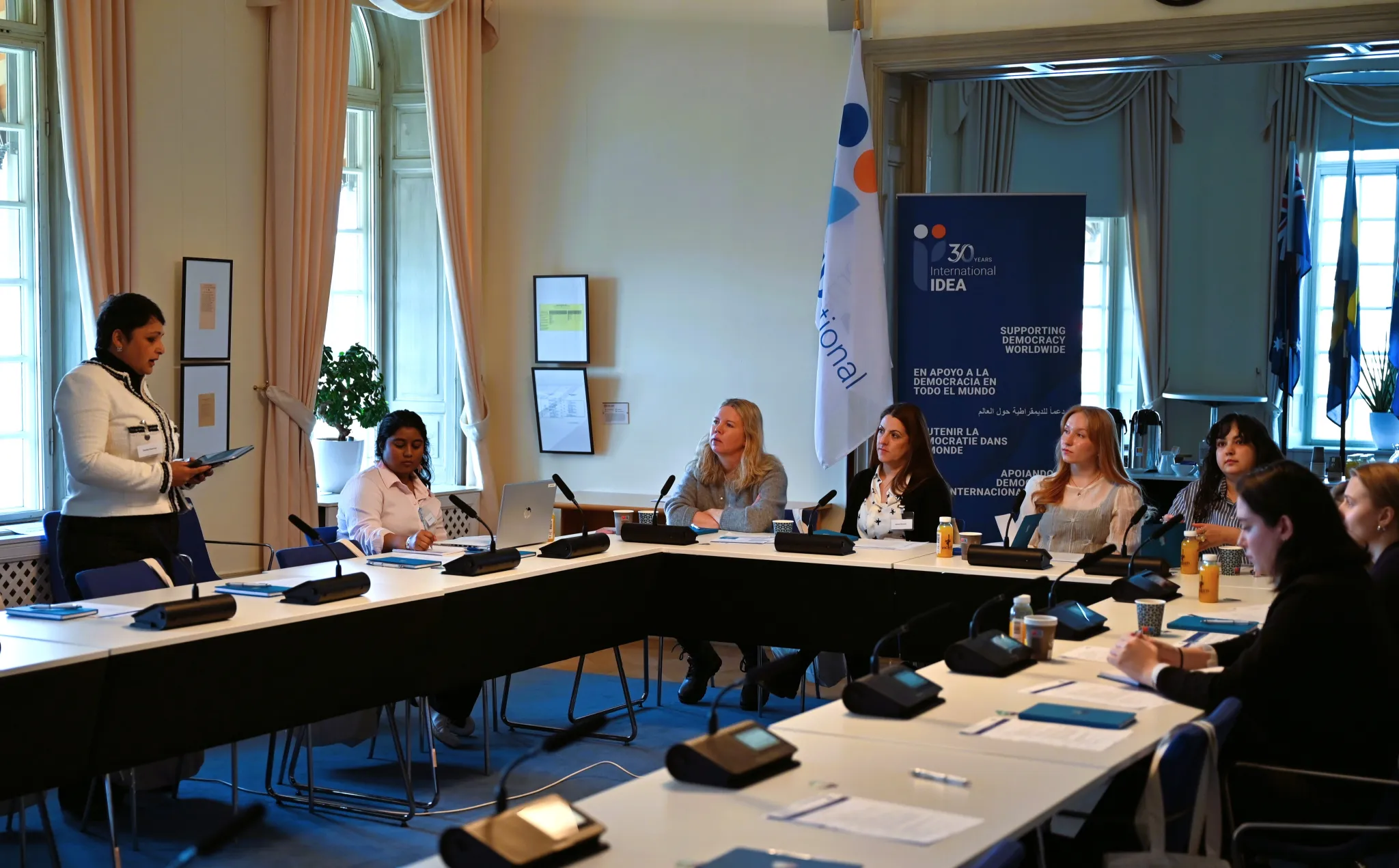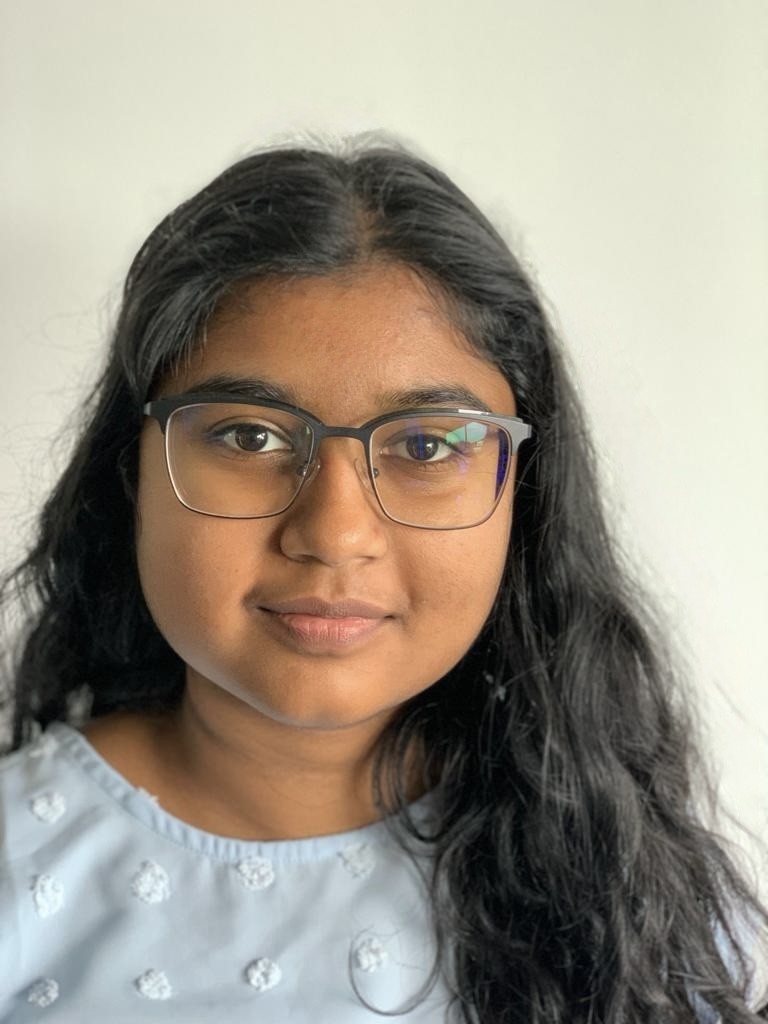Lessons from Covid-19 – Journalism in a Post-Pandemic Future workshop summary

Media and communication experts play a crucial role as channels of information and discussion within the triangle of science, policy, and the broader public and in ensuring legitimate crisis governance. For this reason, the half-day workshop gathered students, journalists, and communications professionals, to discuss the lessons learned from pandemic-era journalism. The event featured discussions on media responsibility, the fight against misinformation, political legitimacy, and strategies for enhancing democratic resilience in future emergencies. These discussions were enriched by the diverse perspectives of the participants who brought their firsthand experiences and insights to the table.
Navdip Dhariwal, a former BBC correspondent who facilitated the event, highlighted the value of having a diverse group of participants, “from emerging young voices in journalism studies to seasoned experts... contributing to a rich mix of perspectives.”
Dr Peter Bursens, Professor of Political Science at the University of Antwerp, opened the discussions by presenting findings from the EU-funded LEGITIMULT project, discussing variations in political trust across six EU countries. His findings highlighted trust as context-dependent: while local governments are generally more trusted in normal times, national governments tend to receive more trust during crises. He also emphasized the importance of transparency as a core value during times of crisis, noting that it is particularly valued by women, older people, left-leaning citizens, and those with higher education.
Throughout the workshop, participants explored the complex issue of the media’s dual responsibility to both inform the public and hold those in power accountable. First-hand accounts highlighted the challenges faced by journalists in balancing the need for rapid communication with the necessity of maintaining accuracy, depth, and clarity. This urgency often leads to difficulties in ensuring that the public fully understands the information.
Another discussion is the proliferation of disinformation during Covid-19 and the role of digital platforms in shaping perceptions. Participants emphasized the need to strengthen digital literacy, acknowledge the reality of echo chambers and the influence of unverified social media. AI technologies were identified as both a challenge and an opportunity, capable of amplifying misinformation or supporting verification and fact-checking, which could enhance media engagement if deployed responsibly.
Recommendations for governments, media organizations, and civil society to enhance democratic resilience were also discussed. Suggestions included investing in media literacy education, funding independent journalism, and responsibly leveraging AI technologies for fact-checking.
The discussions concluded by reaffirming journalism’s responsibility as a public good, particularly during crises. Participants called for media systems that build trust, resilience, and accuracy with the understanding that in future emergencies, transparent governance and responsible journalism will be critical in maintaining democratic legitimacy and public confidence.
“The participants highlighted practical challenges, like the tension between speed and accuracy and offered collective thinking of how to solve these problems,” Navdip Dhariwal shared. Gentiana Gola, Adviser for Europe in the Democracy Assessment team at International IDEA and LEGITIMULT Project Manager, noted that “what truly brought the event to life was hearing aspiring journalists engage in thoughtful dialogue with experienced reporters, especially those who shared moving, real-life experiences from covering the Covid-19 crisis.”
This article was produced under LEGITIMULT, a project funded by the European Union under the Horizon Europe Programme, Call HORIZON-CL2-2021-DEMOCRACY-01, GA Nr. 101061550.




